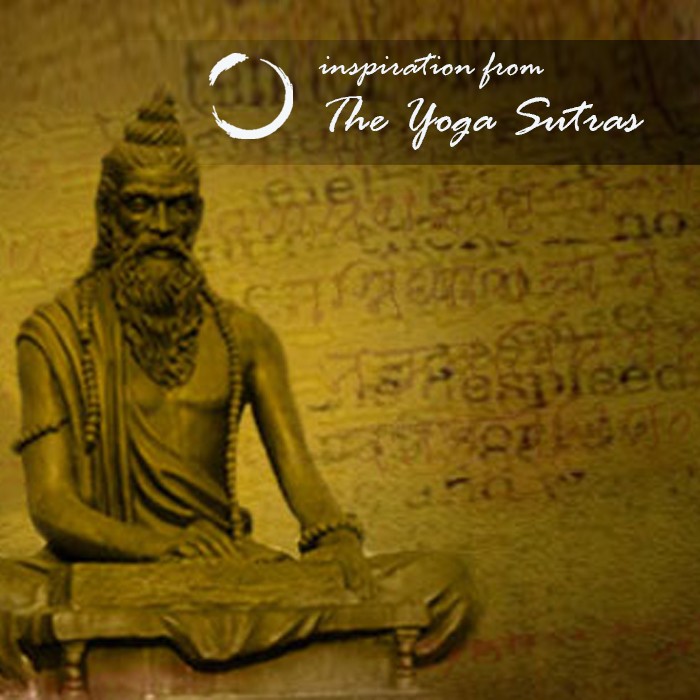
A wise, discriminating person sees all worldly experiences as painful, because of reasoning that all these experiences lead to more consequences, anxiety, and samskaras, as well as acting in opposition to the natural qualities. (Yoga Sutras 2:15)
In the second chapter (Sadhana Pada) of his famous sutras, Patanjali writes about the practices to be taken on the path of yoga. It is there where he describes the “ways of liberation” and causes of suffering or the afflictions (klesha) that obstruct the yogi’s way. These kleshas are thought patterns that create the tendencies we are conditioned with. These kleshas are at the very basis of whatever we do unmindfully. They are results of earlier conditioning and are themselves new bricks that build up more obstructions, conditionings, and limitations on our path. Thus they are the roots of our human pain.
If you are ignorant with the nature of any object you are dealing with you’ll have hard time managing it. What if you were ignorant of the nature of the subject (not the object) that is you? Patanjali describes yoga as the state of mind in which “the seer abides in his true nature”. Before realization we are mistaking what is transient for the eternal, the impure for pure, that which brings misery for that, which bring happiness, and we are taking that which is not-self to be self. In Jnanyoga the discrimination between these pairs is one of the prerequisites before a seeker is admitted to the path of knowledge.
Having a false knowledge of oneself, we assume ourselves to be lacking something and start our search in the realm of external objects to fulfil an illusory gap within. We identify with the fluctuating mind and feel insecure with all its ups and downs. From this identification we tend to base all our understanding and reactions on this insecurity. Egoism is nothing but the reaction of an insecure entity in a desperate attempt to secure itself through different means.
When we experience the transient pleasures upon the gratification of desires, a subtle impression remains in the memory creating attachment to the object of enjoyment. Possessiveness arises, and from it the fear of loss. The mind will naturally try to tighten its grip on the desired object while the flowing nature of things binds them to be impermanent. There arises frustration and suffering.
We are as much limited by our likes as by our dislikes. Aversion is a reversed attachment. One is born from the other. Aversion is a withdrawal, a contraction in response to an unpleasant memory, or in accordance with the likes and dislikes of the fluctuating mind. Following raga and dvesha makes you a prisoner of your comfort zone, your past memories and the whims of mind.
This attachment does not arise from love of Life but rather from a deep mistrust. It is the doubt in everything, that is born from the false identification with the unreal. When the un-self is thought to be the Self there appears the fear of loss, the fear of change and the fear of making any step into the unknown. When one does not trust life they become suspicious of every breath and every step. The freedom yoga proclaims is the freedom of trust and acceptance, the fearlessness that is born form the marriage of these two.